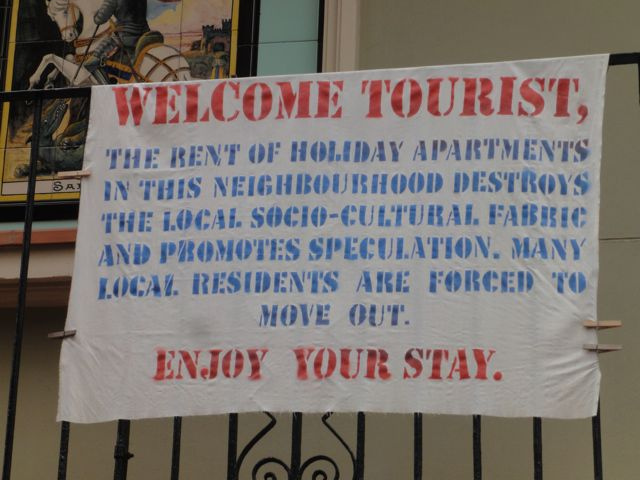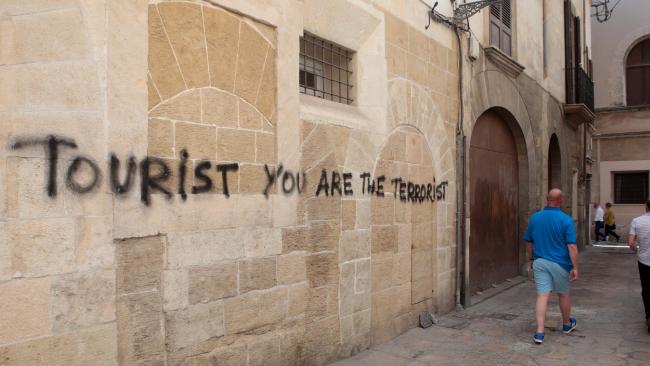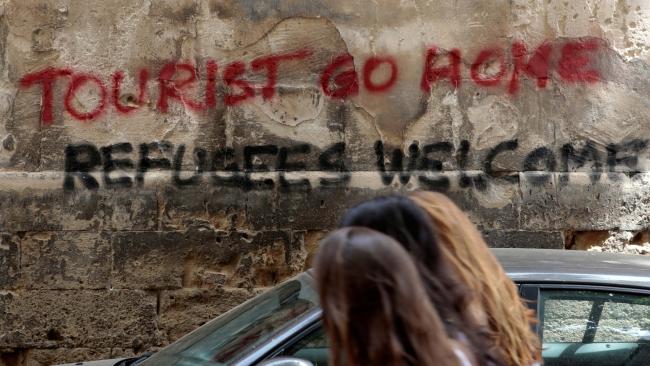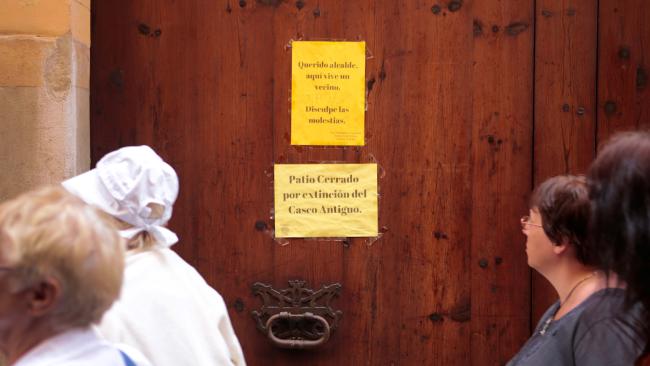A new challenge and a new word: “overtourism.” First used on twitter as #overtourism back in August 2012 it’s likely to become commonplace over the next few years. Its meaning is nicely ambiguous, in a sector which celebrates rapid and seemingly endless growth in tourism arrivals figures have we got over tourism, has it become passé? For some perhaps but the growth in tourism is best understood as a sector of consumption, and as peoples’ living standards rise they consume travel and tourism – 11% of global consumption is by tourists. That is the opportunity – the staycation has not caught on.

The problem is that we live in a finite world, spaceship earth. Until a couple of years ago it was primarily the environmental limits to growth that caused concern – water, greenhouse gas emissions, waste. In May the Thai authorities closed Koh Tachai to tourism to protect it. Now the social limits to tourism growth are becoming more apparent. Krippendorf, the father of Responsible Tourism, foresaw the growth of rebellious tourists and called for rebellious locals. Now those rebellious local are making their voices heard.
In 2013 at RTD7, the 7th International Conference on Responsible Tourism in Destinations, held in Barcelona, Catalunya concern was expressed about the negative impacts of tourism on the city and on Catalunya. The conference declaration recognised that “less emphasis needs to be placed on increasing the number of arrivals and a greater emphasis put on the management of tourism”. Despite the anti-tourist graffiti none of us foresaw the rapidity with which the issue of host-guest conflict would emerge as a political issue in the mayoral elections in 2015. The balance has shifted for the promotion of tourism to its management in a city where there are tensions in some residential areas between locals and partying tourists. Barcelona is emerging as the leading administration managing the social impacts of tourism – there is much for other local governments to learn for their experience of changing the priority from marketing and promotion to governance, exercising leadership in engaging residents and ensuring that their interests are respected and distributing tourism more evenly in the region and the society.
There are issue too in Palma which this year has been full, in part with tourists displaced from the conflict-riven north African coast. This graffiti is from Palma, Mallorca.



In Palma, Barcelona and Venice the pressure of tourism is exacerbated in the season by the daily arrival of thousands of cruise tourists.
Rebellious locals are making their voice heard in Venice, Seoul and a host of other cities – a reminder that social and environmental sustainability are important to competitiveness. Overtourism is an issue more and more destinations swill need to address and manage.
